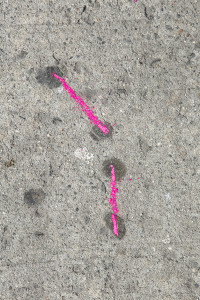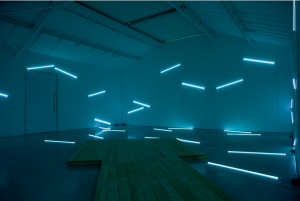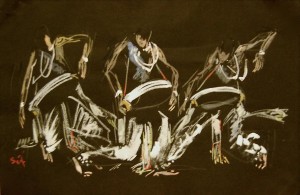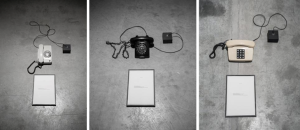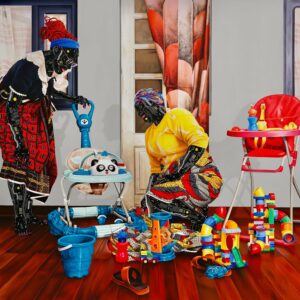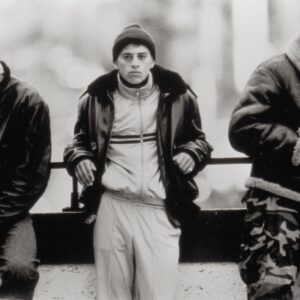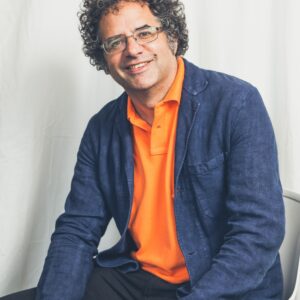A debate around the paranoia invoked by street photography promised to open a fascinating pandora’s box of issues concerning British society’s preoccupation with personal security, privacy and our post 7/7 fever.
Last night a crowd of interested parties packed out Housmans Bookshop to engage with these and other issues provoked by the film made on June 21st for the London Street Photography Festival.
The film is a witty and nuanced documentation of the realities of Britian’s current obsession with security. Filmed in its entirity on June 21st and focussing its lens on the City of London, the film should have (intentionally) documented a series of perfunctory non-events. The scenario: 10 photographers and videographers enter the city to go about their day to day business; the photography of public property and events.
This innocuous plot sees our intrepid photographers thrust upon the not so neutral ground of the public pavement. All five pairs have, in fact, entered the ever expanding hinterland between public and private property, and here they encounter what transpire to be appointed gatekeepers of public safety, which come in the form of … private security. All glib comments aside, the film demonstrated to comedic, provocative and despair-inducing effect, a concerning culture of paranoia. The film did not set out to vilify the security men caught on camera, who were doing their jobs, but rather raised pertinent questions surrounding the expansion of private property, the rights which are surrendered in the name of “security” and how our fever-pitch of suspicion breeds absurdity.
Post film, a panel were to lead a discussion on the issues raised, and they were so objectively and harmoniously composed it promised truly interesting and productive discussion.
Unfortunately, as is so frequently the case with open forum discussions, there was a degree to which the debate was hijacked by those more emotively inclined, inspired to voice their own personal accounts of the beligerent security guard / police officer / member of the public who responded negatively to this or that attempt to photograph. Nevertheless, the evening and the panel, which took a sweep of involved parties from photographers, lawyers to police and security service representatives, fostered really important debate around the issues.
This is a thought provoking short and, as was pointed out by a panel member, street photography is a very visable tip of the paranoia iceberg, meaning those wielding cameras are often on the front lines where public property meets private. If the public space we have is shrinking as private property expands, it is imperative that debate between all concerned parties continues to define the parameters of what and who this space is for, and how best to protect the liberties it facilitates.
The London Street Photography Festival is ongoing, check out their site to see what is still to come
Rachel Bennett
